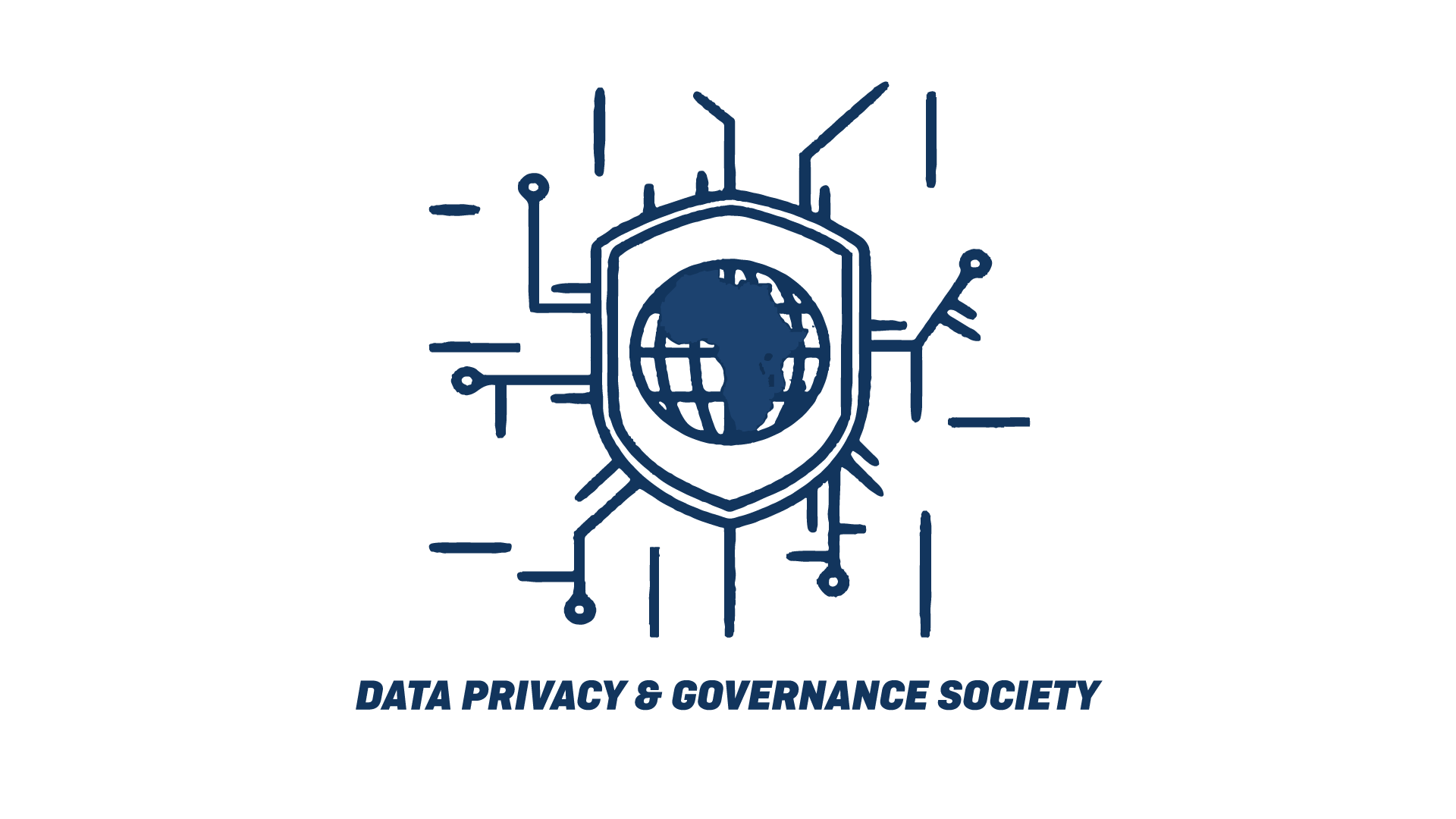| By: Hawi Alot

As data becomes the new oil in the digital age, the importance of safeguarding this valuable resource cannot be overstated. With data breaches, cyber-attacks, and privacy concerns escalating worldwide, the demand for professionals skilled in data protection has surged. Kenya is no exception, especially with the Data Protection Act of 2019 now fully in effect.
On Tuesday, 23 July 2024, the Data Protection and Governance Society of Kenya held a webinar on “Jobs in Data Protection, What Employers Look For,” which shed light on the critical certifications and skills necessary to thrive in this emerging field. This blog post captures the key takeaways from the event, offering a roadmap for those aspiring to build a career in data protection.
The digital revolution has brought about an unprecedented exchange of information, making data privacy a crucial concern for individuals, businesses, and governments alike. In Kenya, the enactment of the Data Protection Act in 2019 marked a significant step towards safeguarding personal information. This legislation has not only heightened the demand for data protection professionals but also expanded the scope of roles available in this field.
While lawyers have traditionally dominated the domain of data privacy due to their expertise in intellectual property law and human rights, the landscape is rapidly changing. Professionals from diverse backgrounds—such as technology, compliance, auditing, and human resources—are now carving out niches in data protection. This diversification is driven by the recognition that data privacy is not just a legal issue but a multidisciplinary challenge that requires a broad skill set.
One of the central themes of the webinar was the importance of certifications in securing employment in data protection. While hands-on experience and familiarity with local and international data privacy laws are invaluable, certifications offer a formal validation of one’s expertise, setting candidates apart in the eyes of employers.
Two certifications were highlighted as particularly valuable: the Certified Information Privacy Manager (CIPM) and the Certified Information Privacy Professional (CIPP), both offered by the International Association of Privacy Professionals (IAPP). The IAPP is a globally recognized body in the privacy and data protection industry, and its certifications are highly regarded by employers worldwide.
- Certified Information Privacy Manager (CIPM): This certification is tailored for professionals responsible for managing data protection programs within organizations. It covers essential aspects such as privacy governance, data lifecycle management, and regulatory compliance. Earning a CIPM demonstrates a candidate’s ability to establish and maintain comprehensive data protection strategies.
- Certified Information Privacy Professional (CIPP): The CIPP certification focuses on the legal and regulatory aspects of data privacy. It is particularly useful for those involved in ensuring that organizations comply with various data protection laws. The CIPP offers different specializations, including CIPP/E (Europe), CIPP/US (United States), and CIPP/A (Asia), among others, allowing professionals to tailor their expertise to specific jurisdictions.
Another certification mentioned during the webinar was the CompTIA Security+. While not exclusively focused on data privacy, this entry-level certification in cybersecurity is valuable for those looking to build a foundation in information security, which is closely related to data protection. The certification covers essential topics such as threat management, network security, and cryptography, providing a solid base for more advanced data protection roles.
The General Data Protection Regulation (GDPR) of the European Union was frequently referenced during the webinar as a cornerstone of data protection laws worldwide. The GDPR has set a high standard for data privacy, influencing legislation in many countries, including Kenya. As a result, a deep understanding of the GDPR is essential for anyone pursuing a career in data protection.
The GDPR’s impact extends beyond Europe, as it has become the model for many data protection laws globally. Consequently, certifications like the CIPM and CIPP, which incorporate GDPR principles, are particularly relevant. Professionals with a solid grasp of the GDPR are better equipped to navigate the complexities of data privacy regulations in various jurisdictions.
Obtaining certifications in data protection is no small feat. The exams are rigorous and require thorough preparation. During the webinar, several strategies were recommended to help aspiring data protection professionals succeed.
One of the most effective ways to prepare for certification exams is by joining study groups or enrolling in classes. Collaborative learning allows candidates to share knowledge, clarify doubts, and stay motivated throughout the preparation process. In Kenya, organizations like Lawyerhub Kenya and Techhive Africa offer classes specifically designed to help candidates prepare for data protection certification exams. These classes provide structured guidance, access to study materials, and opportunities to engage with experienced professionals.
The internet is a treasure trove of resources for certification exam preparation. Numerous websites, forums, and online courses offer study guides, practice tests, and tips for passing data protection exams. It’s important to choose reputable sources and stay updated on the latest developments in data privacy laws and practices.
Experience is a valuable asset in the field of data protection. Even before obtaining certifications, gaining practical experience through internships, mentorship, or consultation can provide insights into the day-to-day activities of data protection professionals. This experience not only enhances your understanding of the field but also makes you a more attractive candidate to potential employers.
While certifications are crucial, they are not the only factors employers consider when hiring data protection professionals. The webinar also emphasized the importance of soft skills and practical knowledge.
